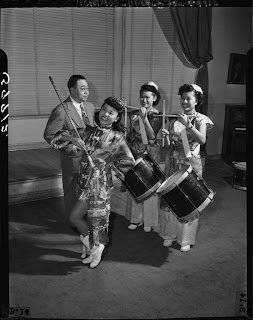
-we learned about the definition of stereotypes and racism
-we learned of about the groundaries of asian american racism
-we learned about asian americans in general
-we learned spacial things about chinese americans
-we learned spacial things about japanese americans
-we learned spacial things about korean americans
-we learned spacial things about filipino americans
-we learned about the literature of asian americans
-we learned about the virginia tech massacre
-we learned the definition of institutionalized racism and their laws
-we learned about the japanese american internment
-we learned about the vincent chin murder
-we learned about the LA Race Riots
-we learned about the Filipino Racial Profiling
-we learned about asian american writers
-we learned about the everyday racism
-we learned the asian american response to racism
-we learned of about the groundaries of asian american racism
-we learned about asian americans in general
-we learned spacial things about chinese americans
-we learned spacial things about japanese americans
-we learned spacial things about korean americans
-we learned spacial things about filipino americans
-we learned about the literature of asian americans
-we learned about the virginia tech massacre
-we learned the definition of institutionalized racism and their laws
-we learned about the japanese american internment
-we learned about the vincent chin murder
-we learned about the LA Race Riots
-we learned about the Filipino Racial Profiling
-we learned about asian american writers
-we learned about the everyday racism
-we learned the asian american response to racism








